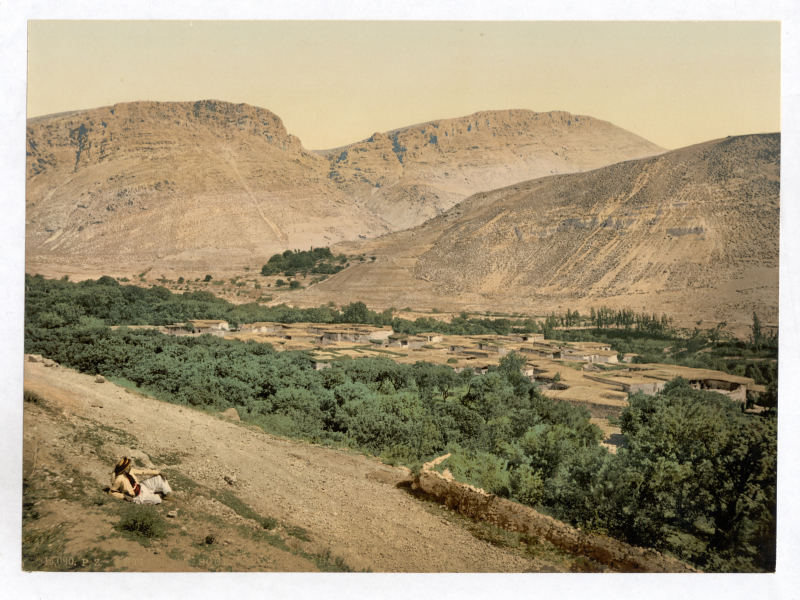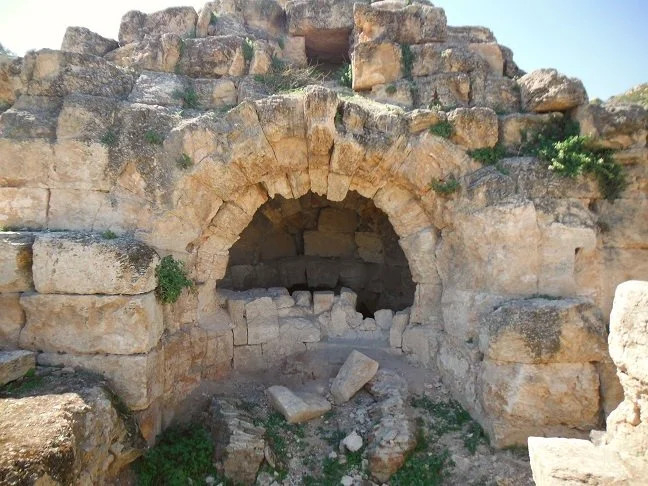Abila
Abila, together with Philadelphia, Gerasa, Pella, Gadara, Kanatha, Dion, Scythopolis, and Damascus, formed part of the Decapolis, a ten-city Greco-Roman federation southeast of the Sea of Galilee in Jordan that served as a vital defense post protecting the Roman Empire's eastern front. It was occupied from around 6,000 years ago until approximately 1500 AD (although an earthquake in 747AD put much of the bustling city into ruins), and despite the fact that the site fell to ruin, some amazing finds have been made.
Archaeologists have painstakingly excavated Byzantine churches, an early Islamic monastic complex, Roman baths, a theatre, temples dedicated to Herakles, Tyche, and Athena, kilometers of subterranean water tunnels, aqueducts, megalithic columns, tombs, city gates, and different municipal buildings. Abila has been extensively excavated for about 40 years, but this site remains one of the most intriguing sites because much is only partially visible and has to be explored.












